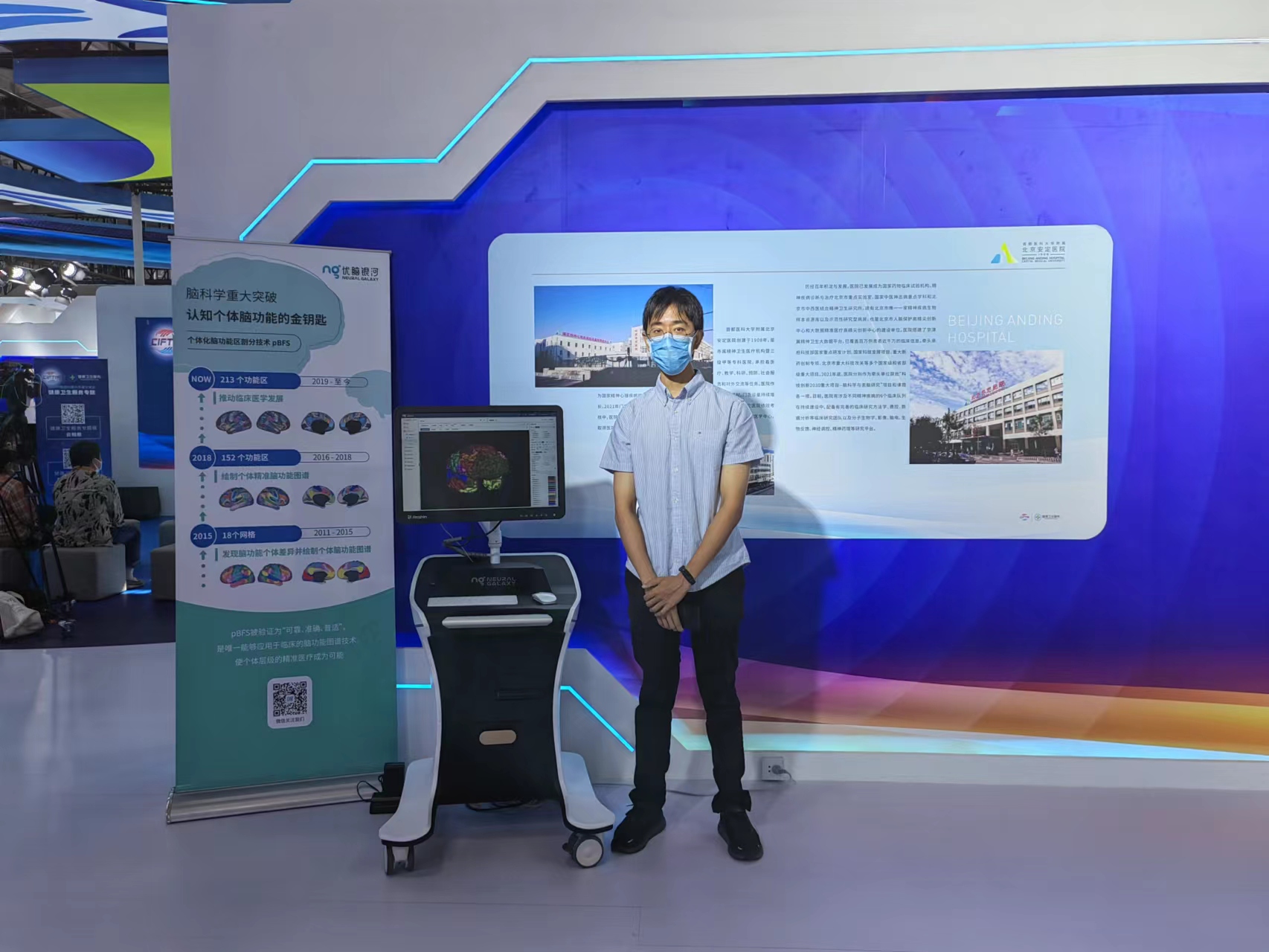Brain diseases are notoriously difficult to treat, and the toll they exact on families and society is significant. Approximately 11% of all diseases globally are brain-related, accounting for nearly 30% of the overall burden of human diseases. In China, nearly 130 million citizens are brain disease patients, with over 50 million experiencing depression, 15 million suffering from Alzheimer’s disease, and over ten million diagnosed with autism. These statistics highlight the pressing public health issue that brain diseases have become.
Most brain diseases stem from alterations in the brain’s functional networks, and brain disease treatments require deciphering this intricate web and the disease-related neural circuits it comprises. However, detecting these networks and understanding the underlying mechanisms is a complex process. Therefore, effective treatment options are generally lacking.
Scientists have explored an array of methods to treat brain diseases, ranging from invasive procedures like craniotomy to non-invasive alternatives like magnetic stimulation and ultrasound therapy. However, each method has its limitations.
Transcranial magnetic stimulation (TMS), for example, has garnered acclaim for its safety, efficacy, and non-invasive nature. This treatment uses electromagnetic induction to generate magnetic pulses that penetrate the brain cortex through the skull, positively impacting regions of the brain tied to emotions and cognitive regulation, such as the frontal lobe. With a history of over 30 years, this method can help improve emotions, sleep, and cognitive functions of patients. Yet, despite decades of use, efficacy levels remain constrained by limitations in understanding of brain disease mechanisms.
To redefine brain disease treatment, a team of scientists and medical professionals from Harvard Medical School and the Massachusetts Institute of Technology (MIT) formed Neural Galaxy.
Precisely analyzing individual brain functional distribution and providing corresponding stimulation is key to improving treatment efficacy. The Neural Galaxy research team has unveiled a technique called personalized brain function sectors (pBFS) that enables researchers to map over 200 functional networks within the human brain. It can pinpoint specific disease targets through individual brain functional zoning, aiding in achieving precise treatment for brain diseases.

Based on pBFS, Neural Galaxy has introduced the POINT Therapy device, an intervention method that can be personalized for a wide range of major brain diseases. This approach utilizes a Class II medical device to perform three key steps—reading, decoding, and writing—to locate functional damaged areas and repair abnormal brain functions in patients. Neural Galaxy is also pursuing Class III certification for its software and hardware components.
As practical service is needed to validate treatment efficacy, Neural Galaxy established Neural Brain Medical, a subsidiary that operates clinics providing brain disease treatments. This subsidiary operates with minimal assets and collaborates with hospitals and third-party imaging centers, which has allowed it to break even in its first year of operation. Neural Brain Medical recently opened a second clinic and aims to expand its network to 5–7 clinics nationwide and achieve a larger scale through collaborating with other companies.
To date, the POINT Therapy device has been used to treat 16 types of brain diseases, achieving optimistic outcomes. For depression, hundreds of clinical trials have been conducted, demonstrating an effectiveness rate of 86%. Patients with other conditions such as autism, post-stroke complications, cerebral palsy, and Parkinson’s disease also benefited from the treatments.
According to Wei Kecheng, co-founder of Neural Galaxy, the company envisions its treatments to eventually combine offline and online services to maximize accessibility and convenience. The initial two to three weeks of treatment will take place in medical institutions, while the remainder will be conducted at home, in the community, or at schools. For example, Neural Brain Medical, in collaboration with the Tianshi Education Development Group, set up the Linyi Center where its product is applied in schools to assist children with special educational needs.
Neural Galaxy has accumulated RMB 670 million (USD 91.9 million) in financing, having built a research team of more than 50 people and a product team of over 100 people.
KrASIA Connection features translated and adapted content that was originally published by 36Kr. This article was written by Dun Yuting for 36Kr.

